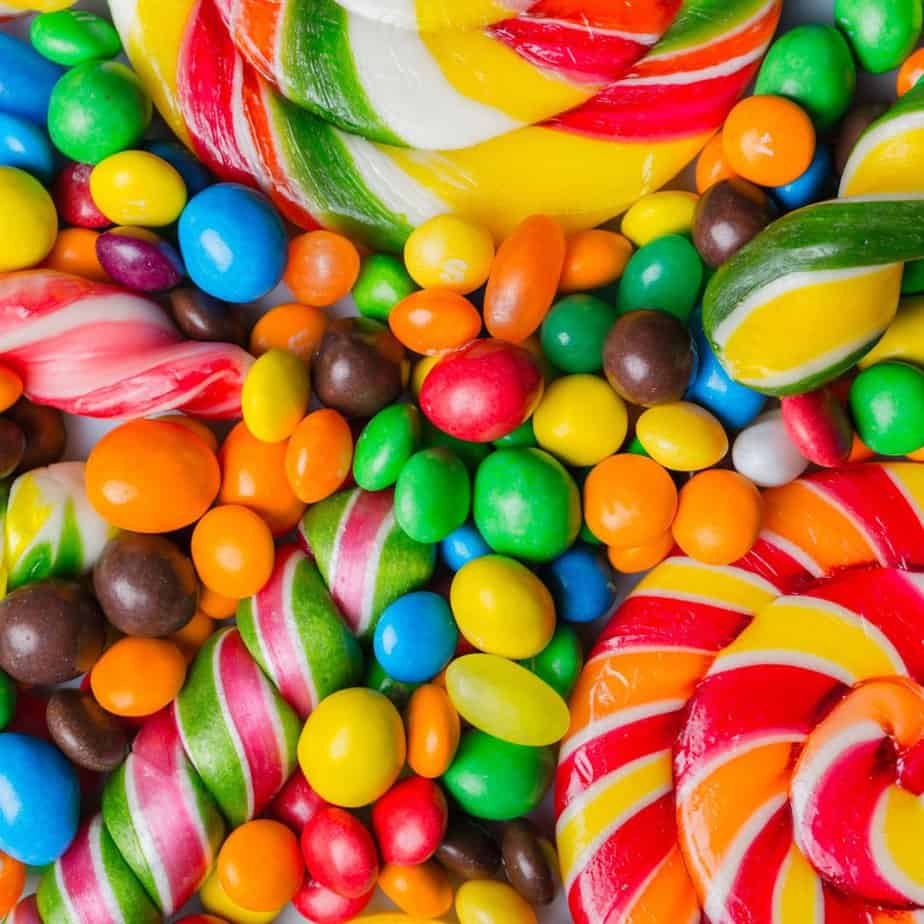Is Sugar Really So Bad For You?


Many of us are focused on our health, but sweet treats are certainly always welcomed. So, the question really is, do we have to cut out all our treats? Do we really need to stop baking our beloved cakes? The answer in short is, of course not! You can whip out your easy vanilla mug cake recipe and enjoy. However, moderation is certainly the key.
The different types of sugars: friends or foes?
Sugars are also known as carbohydrates. Carbohydrates are your body’s fuel, hence the importance of consuming them, in moderation and avoiding pitfalls. So there are different types of sugars. Some are necessary for your body to function, such as those contained in fruits or cereals. The daily sugar consumption should not exceed 5% according to the WHO, or the equivalent of 25 grams or 5 lumps of sugar (100 kcal for an adult and 75 kcal for a child). Other sugars are not good for health and are at the origin of many diseases and pathologies (diabetes, gestational diabetes, insulin resistance, hypersensitivity or addiction to sugar). This is particularly the case of refined sugars found in processed foods.
Simplified typology of the different sugars and their origins
- Sucrose is a natural sugar, extracted in the form of crystals from certain plants (mainly sugar cane and sugar beet).
- Fructose is a simple carbohydrate that occurs naturally in some fruits and honey.
- Glucose is a carbohydrate that our body stores in the form of glycogen. It is available 24/7 to give energy to your cells. Without glucose, no energy and this can lead to hypoglycemia. In fact you may find (if you are a woman), that you can become a little hypoglycemic during your period, therefore it is important to during that time of the month. It may lead to you feeling a little nauseous, shaky and weak.
- Dextrose is a sugar extracted from wheat or corn.
Please note: if some are of natural origin, this does not mean that they are not processed during the food production process by industrialists. This means that we can find all these sugars in many industrial foods.
The difference between simple sugars and complex (slow) sugars
It is “almost easy” on that side: glucose, dextrose, fructose, sucrose, maltose, lactose which are found in certain fruits and vegetables, honey and milk are said to be simple sugars.
Sugars or simple carbohydrates are also found in white lump sugar or sweet candy-type foods. Due to their short digestion, simple sugars are quickly assimilated by the body. Do you feel sluggish during a workout? It is the simple sugars that should be favored! Warning: not all simple carbohydrates are good for you like the dextrose found in many ultra-processed foods. Complex sugars are assimilated more slowly by the body. It is the endurance sugars that provide energy over a longer period of time. They are found in legumes, starches such as potatoes, cereals (bread, pasta). Complex sugars are preferred for a long sporting effort such as running or cycling. Keep all this in mind to provide your body with optimum health.






